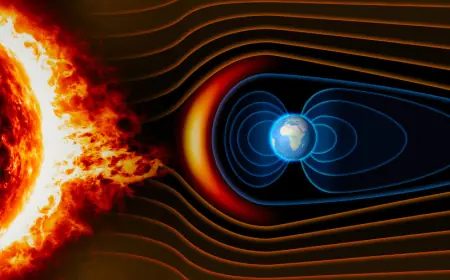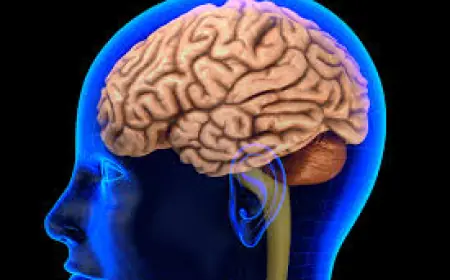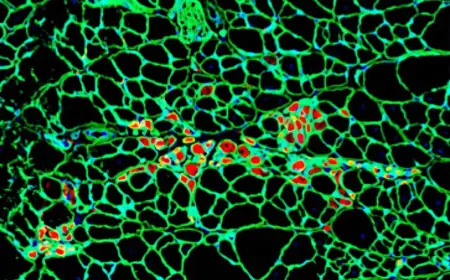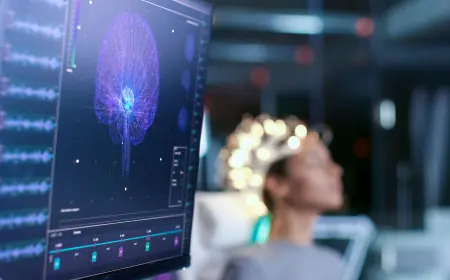Fighting Arrhythmia
May 26, 2025 – Heart arrhythmia is a disruption of the normal rhythm of heartbeats, which can present as either an increased or slowed pulse. Symptoms include palpitations, dizziness, weakness, and shortness of breath. Causes of arrhythmia vary—from heart and thyroid diseases to stress and unhealthy habits.
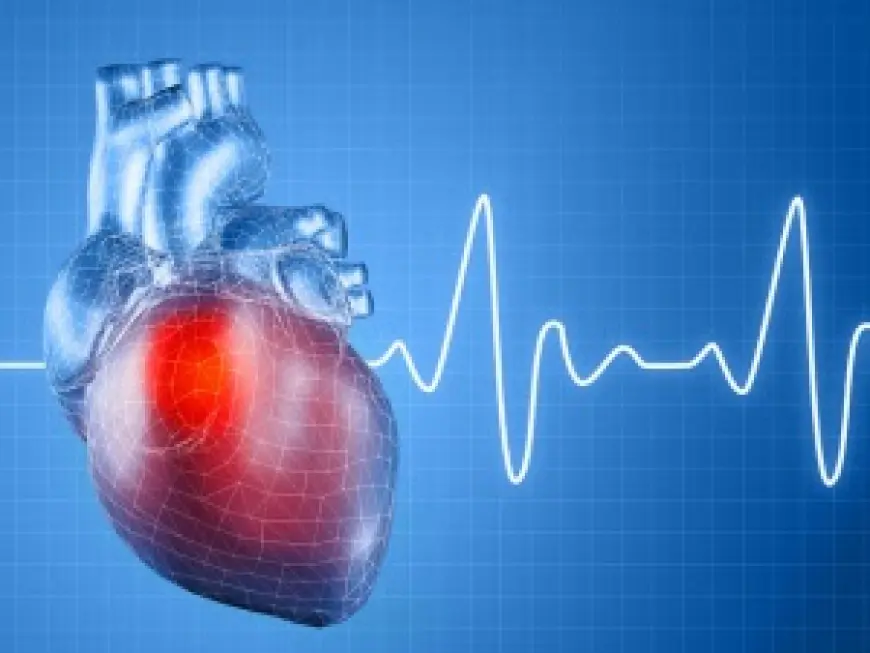
Diagnosis of Arrhythmia
Electrocardiography (ECG): the main method to record the heart’s electrical activity.
Holter Monitoring: 24-hour ECG recording to detect episodic rhythm disturbances.
Echocardiography (Heart Ultrasound): evaluates heart structure and function.
Stress Tests: assess heart response to physical exertion.
Modern Treatment Methods
1. Medication Therapy
Includes antiarrhythmic drugs, beta-blockers, and agents that control heart rate. Avoiding caffeine and alcohol may also be effective.
2. Radiofrequency Ablation (RFA)
A minimally invasive procedure using a catheter to deliver radiofrequency energy to heart areas causing arrhythmia.
3. Implanted Devices
Pacemakers regulate rhythm in bradycardia cases.
Implantable Cardioverter-Defibrillators (ICDs) prevent dangerous tachyarrhythmias.
4. Innovative Technologies
Farapulse Pulsed Field Ablation: safe and efficient with a short recovery period.
MERGE CARTO system: combines MRI and electrical data to precisely locate arrhythmia sites.
Prevention and Recommendations
Regular medical checkups.
Healthy lifestyle: no bad habits, balanced diet, physical activity.
Stress and blood pressure control.
If symptoms appear, it's essential to consult a cardiologist for timely diagnosis and personalized treatment.


